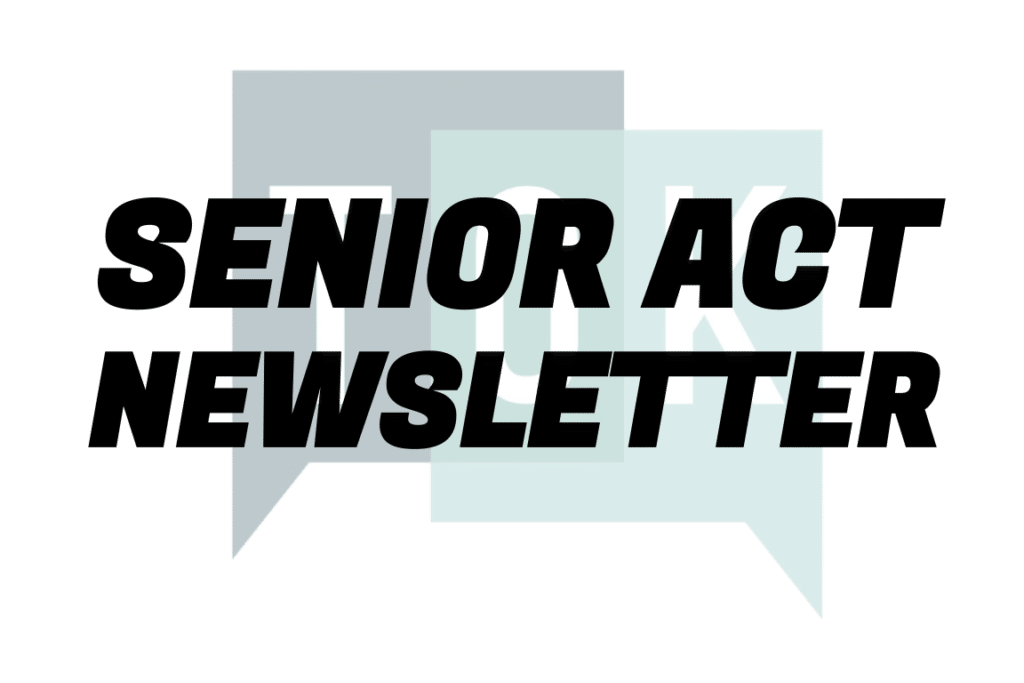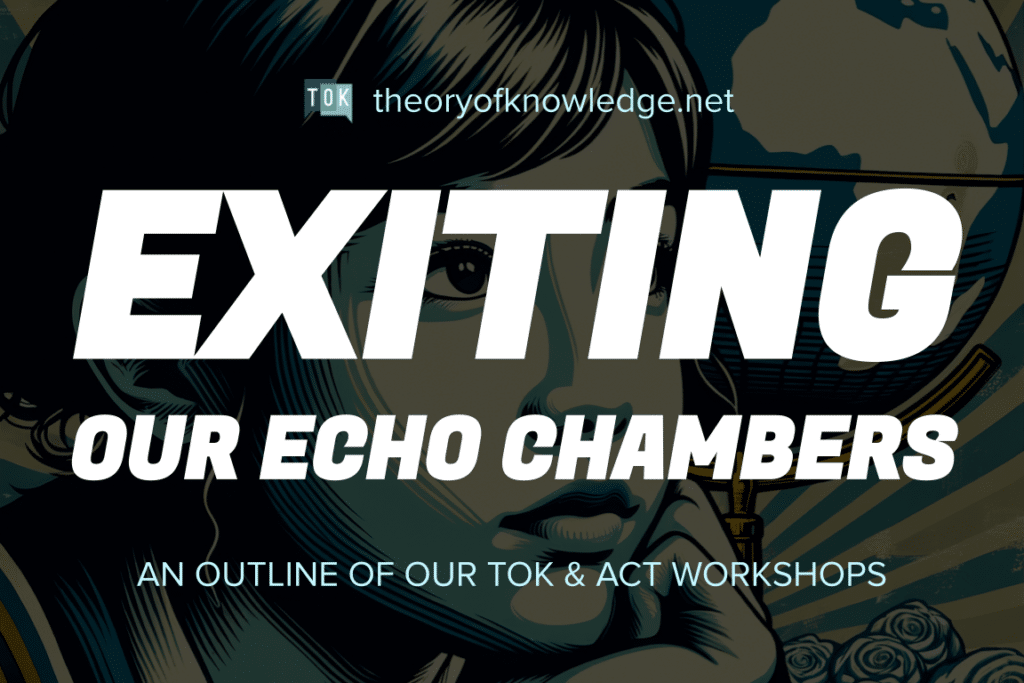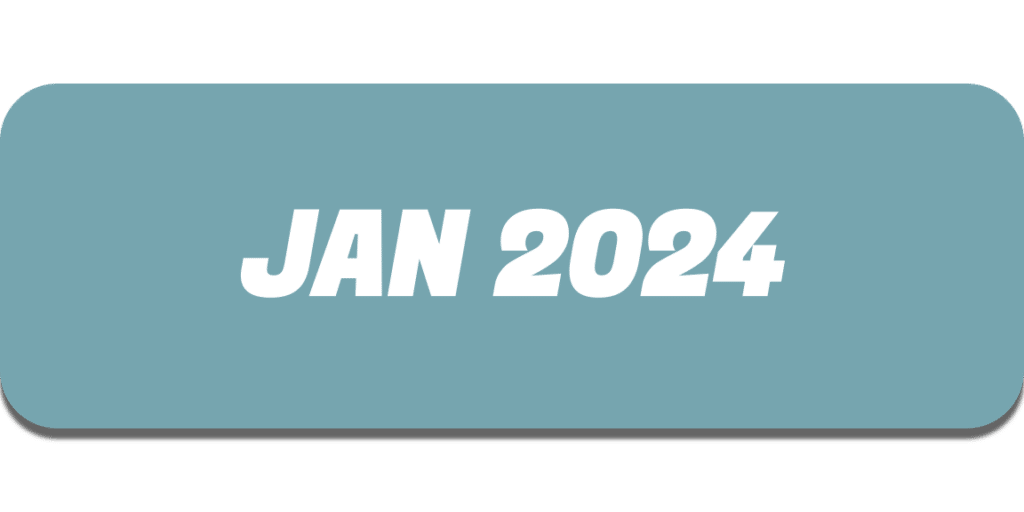
The senior ACT newsletter looks at 20 thought-provoking events and issues every month, gives you links to media sources to explore them, and provides classroom-ready mini-lessons inviting you to challenge your assumptions and biases.
The newsletter can be used by any teacher to encourage authentic critical thinking about their subject, by tutors and PSE session-leaders, by EPQ coordinators, and by careers departments looking to developing essential life-skills.
Access the senior ACT newsletter
The senior ACT newsletter enables non-IB teachers to develop authentic critical thinking about their subject, tutors to deliver meaningful PSE sessions, and EPQ coordinators to kick-start extended projects. They are available to our faculty members. To download a sample version, click below.
The 8 comparative concepts
The 8 comparative concepts are ideas of particular usefulness to us as authentic critical thinkers. As much as possible, we try to build our newsletter stories and mini-lessons around them. You can then use them to ask questions about knowledge, such as the ones you see below.

In which subject area are we able to make the most certain claims about knowledge and understanding? Why does this variance exist? Does language allow us to be more certain about knowledge? Can certainty bring disadvantages in terms of our understanding of the world?

How does the nature of the subject areas differ in different cultures? Do mathematics and science transcend cultural differences? Do the arts deal with culturally universal concepts? Does the way we understand the world depend on the language we speak?

Which subject is most and least affected by different perspectives? How do our religious and political perspectives shape our worldview? Do our perspectives determine our language use? What forms our perspectives, and should we seek to escape them?

How does power affect the way knowledge is produced within the subject areas? In what ways can language be used to consolidate power as ideas are communicated? How does political and religious power influence the way we understand the world?

Help your learners to exit their echo chambers!
Our online and in-person workshops offer the usual support for students writing the essay and exhibition, and TOK departments designing great courses.
But our training sessions go much further than this: by focusing on authentic critical thinking, they demonstrate how to help learners confront, rather than confirm, their biases and assumptions, and exit their echo chambers. This makes them accessible and relevant for all teachers, whatever their subject or programme. Read more here.




